So often the biggest issue I see with clients is the issue of ambivalence. We wan’t to heal, and we don’t want to heal. We want change, and we don’t want change. We want different relationships, and we don’t want different relationships. We want to look different, and we don’t want to look different.
As humans we are born more vulnerable and more susceptible than any other mammal on the planet. Any peak at a national geographic film will show you that other species are able to walk within a few short hours of being born. Human children are not only incapable of walking, but they also lack the ability to find food, to communicate properly (they learn how to translate their internal cues from their mother’s mirroring), and they are unable to to do just about anything useful for their own survival for the first many years of life. Even after children are physically capable of DOING things it takes a human body roughly 16-20 years to reach a physical stature that is comparable to other full grown members of our species. Other mammals take only a year or so to reach full physical capabilities.
What does this have to do with healing?
So glad you asked!
Due to the developmental dependency that we have on our parents, families, and communities as children- we learn at a very early age (as young as before one year old!) what emotions will get us an adverse reaction, what behaviors will give us what we need, and what is acceptable and unacceptable. We are completely dependent on those around us, so our nervous system teaches us unconsciously how we need to act and what we need to do in order to remain safe within the care of those around us. If we are taught by our families, religions, or cultures that to wander outside of these societal or familial guidelines means punishment, shame, or even abandonment, we are forced with two decisions: We need to either give up our independence and autonomy in order to give ourselves a felt-sense of “security” within our tribe, or we need to give up our need for intimate relationships and leave the herd as a “lone wolf” in order to maintain our sense of agency. We learn that we need to be perfect and fit in to what is demanded of us, or we need to stand out and be the black sheep that will inevitably be ostracized. These options give us the ability to choose between ourselves or others. It is not an easy choice, but it is a necessary choice for survival. These two options work well for us… until they don’t.
By the time a client has reached my office their hyper-independence or co-dependence has cost them greatly, and they are ready for a change. But they are also not. When we have been holding on to a flotation device for our entire life and someone tells us, “It’s okay. Just cut yourself loose” We probably will feel a range of things. We may feel angry at the person who is telling us to cut ourselves off from our lifeline for being so insensitive and naive. Don’t they know we would drown?? We may also feel terrified at the idea of accepting an invitation to be free of this safety device that also works as an entrapment. We might feel giddy at the thought of being able to dive deep into the water, swim as fast as we want to, and enjoy the freedom of swimming without needing to be strapped to an unnecessary lifeboat anymore. All of these (and more) are normal and common things for us to feel when we are being beckoned into change. Our nervous system knows that we are dependent on the people around us, and if we think that our decisions and our freedom is going to cost us those relationships then we will literally feel afraid for our lives at the thought of risking it. Many of the decisions we make are unconscious forms of keeping the status quo that does not illuminate the toxicity in family dynamics, societal norms, or religious bias, for in doing so we may be shunned, and we know in our nervous system that we need others for our own safety.
So what happens when you don’t want to heal?
Be patient with yourself! Be kind to yourself! The fear that you have of change is your body telling you the risks it knows to have when you do not to conform to others or move towards intimacy. You may be more afraid to be alone, or you may be more afraid to truly be known. It is never my job as a therapist (or anyones job!) to tell you when you are ready to change, or the rate at which you should be changing. That is going to be different for every person. The more you can lean into the ambivalence the more it will illuminate the hope that just may give you courage to risk some of the changes you have been afraid to make. There are very few things in life and in the world that change, heal, or grow from us trying to force it. When we have kindness and compassion for our ambivalence we start to give ourselves the acceptance we may have never known. We can start to feel the tenderness that we are capable of for ourselves, and this brings softness to be able to receive healing. If we have learned that we need to perform in order to succeed or be a part of community, telling ourselves that same message is not helpful. It is when we can accept ourselves just as we are, where we are, that we can truly begin to transform.


